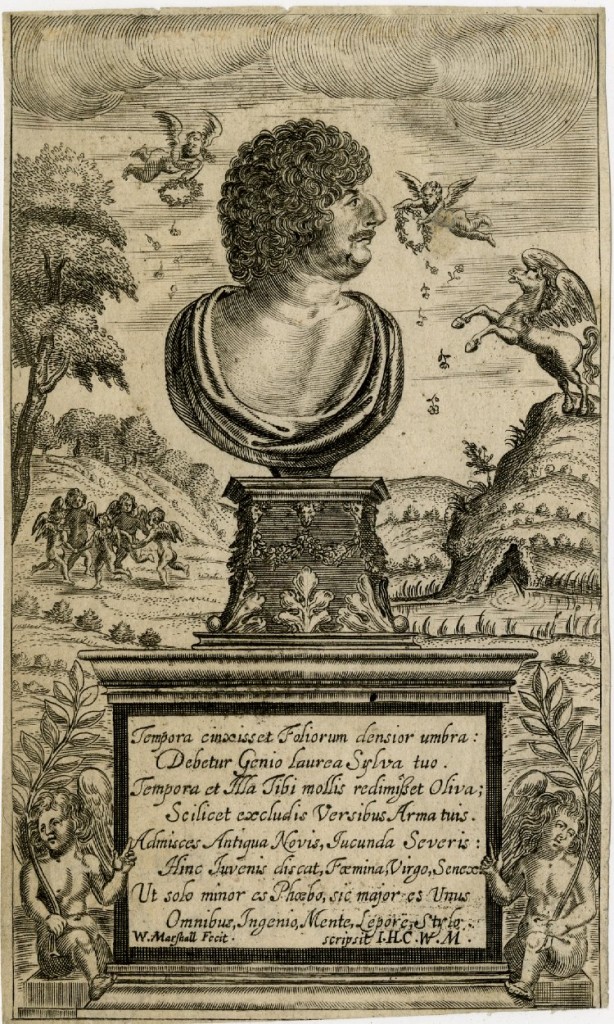Remembering and Forgetting Robert Herrick June 5, 2014
Author: Beach Combing | in : Modern , trackbackRobert Herrick is famous today for his bit part in The Dead Poet’s Society, where he makes Robin Williams look good (briefly). But he had a much greater range, writing about sex, alcohol, sex, death, sex, folklore, sex and (rather unconvincingly) God. Basically, his poems smelt of semen and noone who has ever read his ditty about Julia’s Breast or Herrick as ivy growing on his mistress will ever forget them. But this is not a poetry blog and the reason Herrick appears here is, unlikely as this may sound, because of his after life in oral transmission (no pun intended, a longstanding obsession of Strange History).
Herrick came to live in a small Devon village, Dean Prior on the edge of Dartmoor in 1639 when he was 38 as vicar: a surprise for all as he was a philandering east end boy from London. He was kicked out of the vicarage at the time of the Civil War for being on the right side. Then he returned to Dean Prior from 1660 to his death in 1674. At this point it must be remembered that RH was an outsider with a sensual appetite and a striking visage (above): he was living in one of the wildest landscapes in England among a population who he kindly described as ‘savages’. He was always going to make an impression on his neighbours. But how long would they keep gossiping about him? For a year after his death, for a decade, for a century…
This blogger lives in a small village not unlike Dean Prior, though in a different country. Memory here, even with the help of photographs and books, does not last much beyond the Second World War. For example, the older generation all remembers a British serviceman (‘Jack’) who hid in the woods nearby when the Germans were occupying. I’ve also heard stories about a local aristocrat who was alive just after the First World War: and was despised. That is almost a hundred years…
Herrick managed to stay in the memory of his parishioners for about a hundred and thirty five years. When in 1810 a visitor went to the village he heard stories of this strange priest who wrote poems and who fed his pig from a tankard. Once this priest threw a sermon at his congregation because they weren’t listening. The villagers remembered that he had been thrown out but that then had come back. Some of his rude poems about them were also known in the parish. In fact, the most moving witness was an old woman in her nineties, Dorothy King. Dorothy was illiterate but had been taught Herrick’s religious poems (what would she have made about the lion and the fart haiku?) as a young girl. Her mother had worked for Herrick’s successor in the vicarage.
Attentive readers will have understood that there is a lot of space for cross-contamination from print. True most villagers were illiterate, but someone presumably shared Herrick’s published poetry with them: which was quickly sucked up into local tradition. In the case of Herrick’s religious poetry that may have survived from his time as a vicar orally without any reference to writing. The pig and the tankard and the angry vicar though are not written about everywhere. I noted above that the most moving part of the story is Dorothy. But perhaps rather it is the fact that when another traveller went to Dean Prior c. 1850 all this had been forgotten.
There must be other cases of memorable individuals in out of the way places being remembered orally through the generations? Drbeachcombing At yahoo DOT com There is a reference from about three hundred years too late to Daffyd ap Gwillym the great medieval Welsh poet. It describes a man with golden locks and a minstrel’s smile, which is awkward because one of Daffyd’s poems is about severe hair loss.



